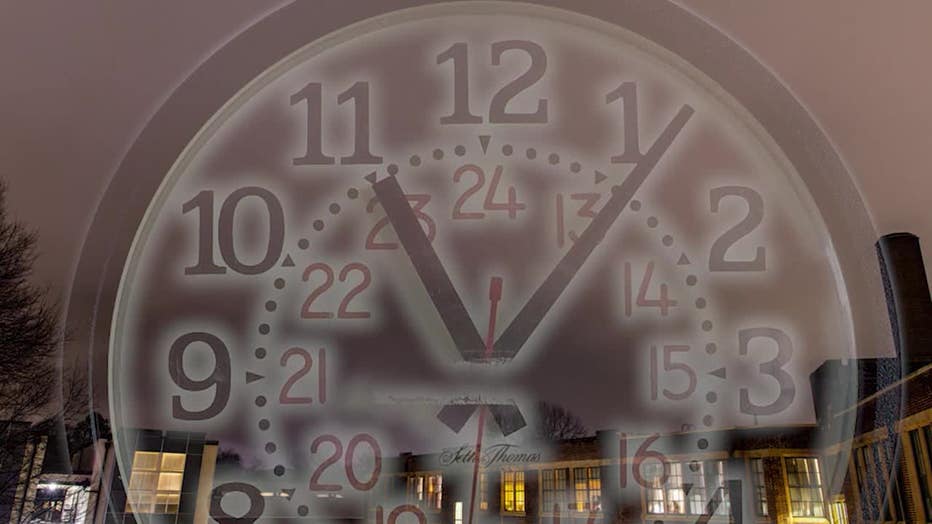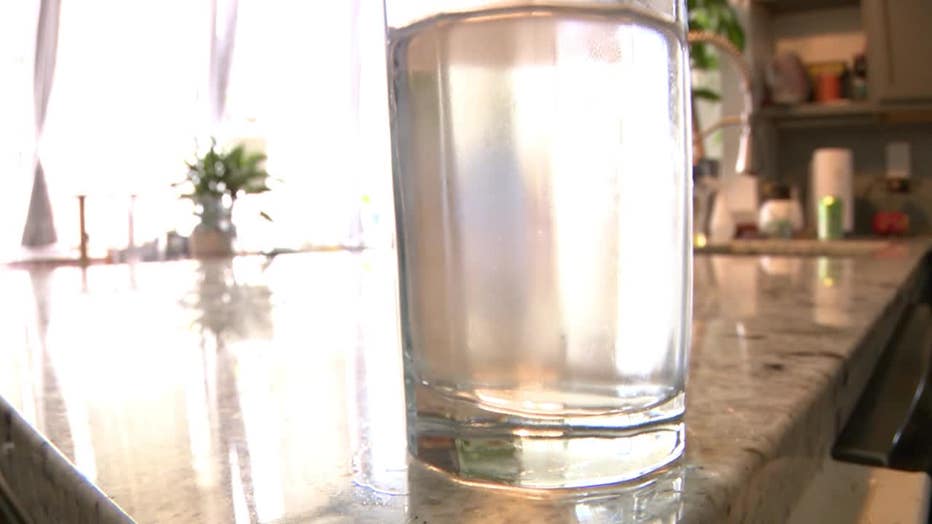Doctor shares tips on intermittent fasting, common mistakes to avoid
Intermittent fasting common mistakes
Intermittent fasting has become a popular option for people wanting to slim down or form healthier habits and relationships with food. Here are the common mistakes often made when trying it.
ATLANTA - If you're like most Americans, you are a grazer, eating up to 15 hours a day.
But Emory Healthcare internist Dr. Sharon Bergquist says by shrinking that window, and increasing your fasting time overnight, you may be able to not just lose some weight, but lower your blood pressure and cholesterol, and stabilize your blood sugar.
"I think it's really important to know that there isn't an absolute right or wrong way to fast," Bergquist says. "The most common type of fasting is time-restricted eating, when people eat during a certain window, and they fast the remaining hours."
How long should you fast between meals?
So, for example, you might eat within an 8-, 10- or 12-hour window, and then fast the rest of the time overnight.
"The most common time window that people pick is usually evening or late afternoon time windows," Bergquist says. "And some of that is because of our lives; we eat for social reasons, and we want to go home, be with family."
That can lead to the first mistake of intermittent fasting: timing our eating window too late in the day.

Emory Healthcare internist Dr. Sharon Bergquist says it is important to know when to eat during intermittent fasting. (FOX 5)
Most of the research that found benefits to intermittent fasting involved earlier eating windows.
"And in some of the studies, we're actually seeing worsening of cholesterol and blood pressure in these same measures with later windows," she says.
If you like eating later, say between noon and 8 p.m., Bergquist says, front-load your calories.
"So, you still want to make lunch your biggest meal, you want to eat early afternoon," she says. "So, by evening you're only doing a bit more like a snack for dinner. That still maintains a lot of the benefits of doing the time-restricted eating, even though you're doing a later window."
What should you eat and drink while intermittently fasting?
Another mistake is not getting enough protein.
"When people don't get adequate protein, there are studies showing that most of that weight loss is coming from loss of muscle," Bergquist says. "So, you really want to make sure your windows wide enough to get adequate protein."
Fasting can also make it harder to stay hydrated, because we get fluids from the foods we consume.

Emory Healthcare internist Dr. Sharon Bergquist says drinking water is important during intermittent fasting. (FOX 5)
That is another common mistake with intermittent fasting: not getting enough fluids.
"Some of the most common side effects from fasting are that, of course, people feel hungry," Bergquist says. "But headaches are also common, and by staying well hydrated, you reduce the hunger, and you reduce the headaches."
A final mistake we make is not listening to our body.
If your body is telling you an 8-hour or 10-hour eating window is too restrictive, she says, expand the window.

